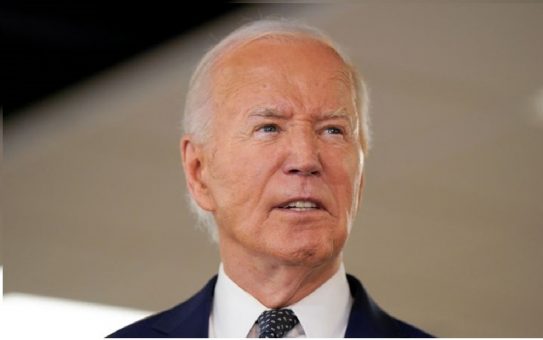January 20, 2025
By Adedoja Adesoji
The US outgoing President, Joe Biden, granted full preemptive pardons to several family members, including his brothers James and Frank, sister Valerie, and their spouses, just minutes before leaving office.
This decision has sparked interest and debate about the presidential pardon power.
According to the US Constitution, the President has the authority to grant reprieves and pardons for offenses against the United States, except in cases of impeachment.
This power has been exercised by various presidents throughout history, often sparking controversy and discussion.
Biden’s decision to issue preemptive pardons to his family members raises questions about the motivations behind this move.
Some may view it as a gesture of protection and support for his loved ones, while others may see it as an abuse of presidential power.
It’s worth noting that presidential pardons can be issued at any time, even before charges are filed or convictions are obtained.
However, the pardon power is not without limits, as it does not apply to state or local offenses, or to private civil lawsuits.
As Biden’s presidency comes to a close, this unexpected move has added a new layer of complexity to the ongoing debate about the use and limits of presidential power.
